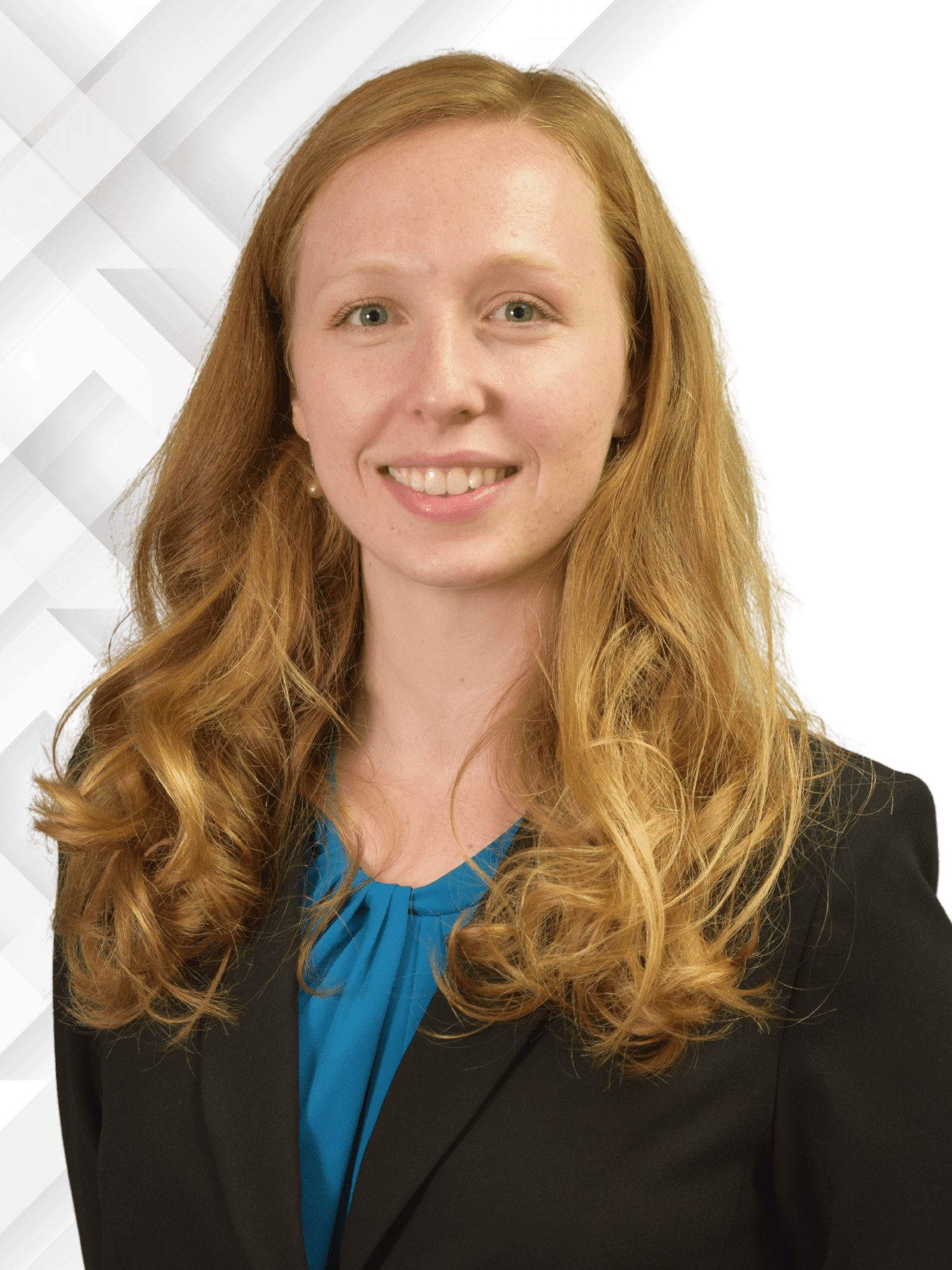
M-PACT Scholars
Autumn Rae Florimbio
assistant professor in the Department of Psychiatry, Medical School

Dr. Autumn Rae Florimbio is a clinical psychological scientist dedicated to advancing diversity, equity, and inclusion through research, mentorship, teaching, and service. Her research focuses on the prevention and early intervention of substance use, interpersonal violence, and co-occurring conditions among young people, particularly emerging adults and LGBTQIA+ individuals. By fostering community partnerships and leveraging digital health solutions, she aims to broaden the reach of behavioral health interventions to promote health equity. Dr. Florimbio is also passionate about mentoring the next generation of scholars and cultivating environments that enhance feelings of belonging in academia. She is excited to contribute to efforts that encourage inclusive excellence within the University of Michigan and beyond.
Olivia Halabicky
assistant professor in the School of Nursing (starting in 2025)

Dr. Olivia Halabicky is a children’s environmental health nurse scientist who studies early life exposures and human development. Her research broadly examines how inequitable environmental and social exposures at sensitive periods together shape health trajectories and disparities, as well as physiological mechanisms that may mediate these effects. She utilizes methods from a variety of disciplines including nursing, environmental and social epidemiology, and developmental sciences. She received her PhD in nursing with a concentration on children’s environmental health from the University of Pennsylvania where she was funded by the Robert Wood Johnson Foundation Future of Nursing Scholars Program as well as an NIH F31 Predoctoral Award. She completed a T32 postdoctoral fellowship in Environmental Toxicology and Epidemiology at the University of Michigan School of Public Health.
Natasha Kumar
assistant professor in the Department of Obstetrics and Gynecology, Medical School

Dr. Kumar’s work to develop and study interventions that expand access to equitable obstetric care lies at the intersection of implementation science, community engaged research, and health equity. Her previous efforts have included the co-creation of a community advisory board to guide clinical quality improvement efforts for patients with high-risk pregnancies and the design of a patient navigation tool for patients with antepartum anemia utilizing a community engaged, multiphase qualitative approach. Dr. Kumar’s work will continue with a focus on optimizing postpartum transitions to primary care for patients with hypertensive disorders of pregnancy.
Anna Maurer
assistant professor in the Department of Biophysics, College of Literature, Science, and the Arts

Dr. Anna Maurer is a Michigan native, first-generation college student who transferred from Macomb Community College to the University of Michigan and completed her Bachelor of Science in Cellular and Molecular Biology in 2012. She completed her doctoral studies under Luk Vandenberghe on host and viral factors of adeno-associated viral (AAV) capsid assembly at Harvard Medical School in 2019. For her postdoctoral work, she studied cellular regulation of AAV-delivered DNA under Robert Tjian at UC Berkeley. In her independent research group, she will continue to study AAV vector biology through the lens of the host cell. Her passion for science is matched by her passion to increase diversity among biomedical researchers by raising awareness about research careers among community college students and mentoring them through transfer to a four-year institution to pursue STEM degrees. Dr. Maurer also holds a dry appointment in the Department of Microbiology and Immunology at the Medical School.
Erica Twardzik
assistant professor in the School of Kinesiology

Dr. Erica Twardzik completed her postdoctoral fellowship at Johns Hopkins’ Department of Epidemiology after earning her PhD in Kinesiology and Epidemiology from the University of Michigan. Her research focuses on improving the lives, well-being, and inclusion of people with disabilities. Dr. Twardzik and her research team are guided by their mission: to integrate multiple data sources to study how environments affect mobility among people with disabilities to inform policies that increase participation and inclusion within society. Their vision is that equitable environmental development can optimize societal inclusion and individual participation among people with disabilities.
